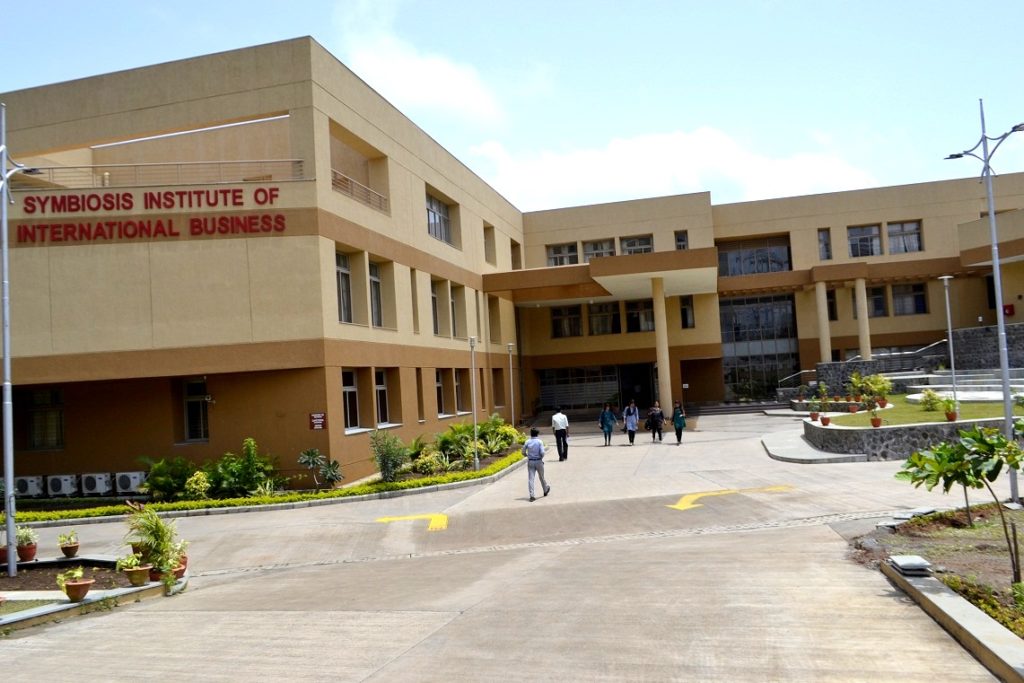India has the potential of matching any talent in the world and it has proved it time and again. The future of India needs also to be enriched with this potential. The organizers of Symbiosis said that through this conference they planned to present a policy paper to Union HRD Minister Prakash Javadekar on the roadmap to making Indian universities world-class.
Do the Indian universities lack the potential of competing with the best in the world? And if there are, then what’s restricting them from becoming truly world-class?” These and many more such questions were a topic of debate and answered at the Association of Indian Universities (AIU) conference on Internationalisation of Higher Education 2017, hosted at Symbiosis International University (SIU)’s Lavale Campus from April 8 to 10. Union HRD Minister Prakash Javadekar inaugurated the 3 days conference which was attended by over 100 vice-chancellors from Indian universities, other than senior academicians, policy advisors, educational agencies and university representatives from the US, Europe, Asian countries like Singapore, Malaysia, Japan.
SYMBIOSIS UNIVERSITY TO PRESENT A ROADMAP IN THIS REGARD
Prof Ellen Hazelkorn, policy advisor to Higher Education Authority (Ireland); Prof Philip Altbach, director, Center for International Higher Education (USA); Prof Bertil Andersson, president, Nanyang Technological University (Singapore); Prof Jamil Salmi, global tertiary education expert; besides UGC Chairman Ved Prakash, D S Chauhan, president, AIU, D P Singh, director, NAAC were among the prominent speakers who shared their rich experience at the conference.
“Recently, the Indian government had taken a decision of developing 10 public and 10 private universities into world-class universities. But what are the parameters that make a university world-class? For this, a detailed discussion is needed with collaborations with world-class universities abroad. Hence this programme has been organized which will field the best brains in the field of higher education, together creating a roadmap for internationalisation of higher education in India. Vidya Yeravdekar, Principal Director, Symbiosis, said that they wished to present a policy paper on this subject to the Indian government through the round table meeting which will take place, just a day before the inauguration of the conference.
The conference will cover four main ‘tracks’ — Creating an Ecosystem for Internationalisation, Cross-border Higher Education, Internationalisation at home and Building Successful Partnerships —in which will be discussed varied theoretical concepts in understanding of internationalisation of higher education, internationalisation in respect of regulatory framework and policies, best practices across institutions, limitations of cross-border mobility and intercultural integration.
Issues like challenges in cross-border education pertaining to mobility of students and faculty will also be the topic of discussion. “Do all students have the potential of going abroad? Is money the hurdle or is it something else? Can’t we internationalise at home itself by making necessary changes in curriculum, foreign university collaborations and joint degrees, for those who cannot go abroad,” was the view of Mr. Gupte.



